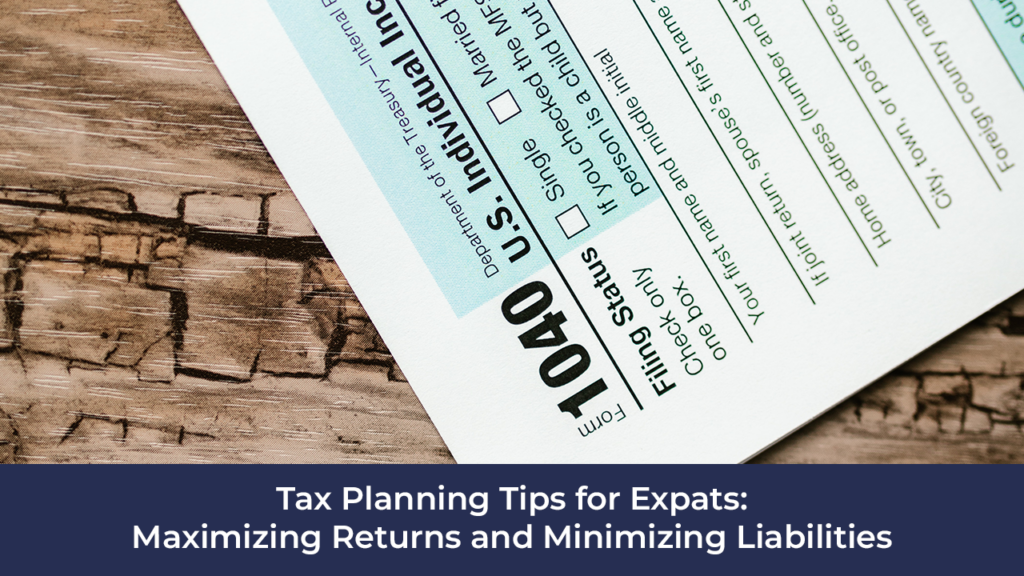Creating and sticking to a budget is an important step in effectively saving money. A budget allows you to keep track of your income and expenses and plan for your financial future. It helps you to determine how much you can afford to save each month and how to allocate your resources to reach your goals. By setting a budget, you can ensure that you are spending within your means and not overspending. This can help you to save more money in the long run and reach your financial goals.
Why is it Important to Create and Stick to a Budget?
Creating and sticking to a budget is an essential part of financial responsibility and saving effectively. A budget helps you to track your spending, so you know where your money is going and can plan for future expenses. It also allows you to set realistic goals for saving and investing. By having a budget in place, it’s easier to identify areas where you can cut back spending and start putting money away for future needs. With a budget, you can prioritize your spending and allocate funds to the areas that are most important to you. You can also make sure you’re taking advantage of any tax deductions you’re entitled to, as well as any other cost-saving opportunities. By saving effectively, you can build up a solid financial future and put yourself in a better position to reach your goals. Additionally, having a budget can help you stay motivated to save and invest, as you can track your progress and adjust your budgeting goals as needed. Ultimately, having a budget can help you reach your financial goals and achieve financial security.
From the point of view of investing safely, having a budget worked out is also very important. Knowing exactly how much you have available to save on a monthly basis will put you in the position to set up investments where the amount that you save remains consistent over a period of time. This means that you take advantage of the “cost-average” effect and therefore your overall investment is more secure and efficient. The “cost-average” effect basically means that no matter if markets are up or down at the time of your monthly investment, seen over a long period of time you are purchasing your investment at an average and fair cost.
How to Create a Budget
To get started, make a list of all of your monthly income and expenses. This includes any income from a job, investments, or other sources, as well as any bills you have to pay. Once you have your list, create a budget by subtracting your expenses from your income. This will give you an idea of how much “surplus” money you have to work with each month. Next, decide how much of that money you want to save. This can be a percentage of your overall income, or a specific amount of money. Finally, create a plan to stick to your budget by setting up automatic transfers from your current account to your savings account. This will help ensure that you stay on track with your savings goals and build up your savings over time.
Tips for Sticking to a Budget
First of all, it is important to create a budget that is realistic and achievable so that you can stay on track. Here are some tips to help you stick to your budget:
1. Set clear and achievable goals. Determine how much you want to save each month and identify necessary expenses.
2. Track your spending. Monitor your spending to ensure that you are staying within your budget and make adjustments as needed.
3. Automate your savings. Set up automatic transfers from your current account to your savings account so that you don’t have to remember to make the transfers yourself.
4. Reward yourself. Give yourself small rewards for meeting your financial goals. This will help to motivate you to stay on track. By following these tips, you can create and stick to a budget that will help you save effectively.
Resources for Expats in Germany
When living in a foreign country, one of the most important things to consider is how you manage your finances, obviously in a foreign country with a foreign language this can be especially challenging. Getting the right advice for expats in Germany can be extremely helpful in this regard. From currency exchange services to financial planning advice, there are plenty of reliable resources out there that can help expats understand the financial system and create a budget that works for them. Additionally, expats can find ways to help them save effectively, such as budgeting tools, online savings accounts, and investment advice. With the right advices and a commitment to budgeting, expats can ensure their finances are in good shape and enjoy a successful and comfortable stay in Germany.
Conclusion
The importance of creating and sticking to a budget cannot be overstated. A budget is essential for effective saving, as it helps us to plan our spending, allocate resources, and understand our financial standing. When we create a budget, we have the opportunity to prioritize our spending and save on a consistent basis. Additionally, having a budget allows us to stay on track with our financial goals and monitor our progress. Ultimately, having a budget is an invaluable tool for saving effectively and achieving our financial goals.
Our MW advisors will be happy to help you achieving your financial goals.





